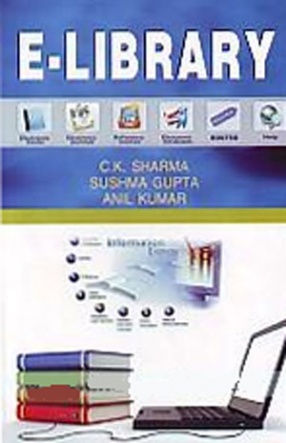
C K Sharma

Showing all 10 books

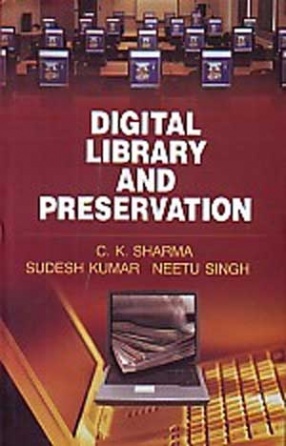
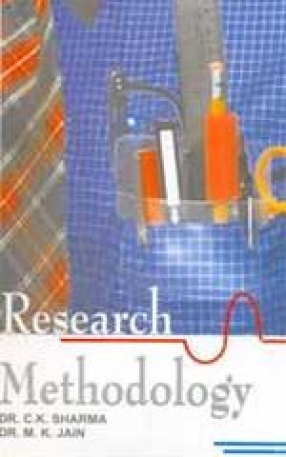
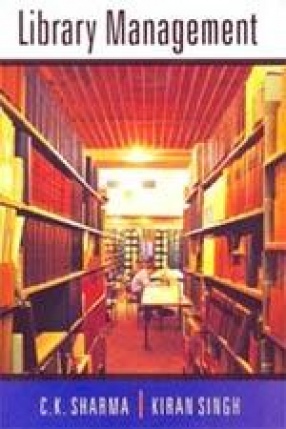
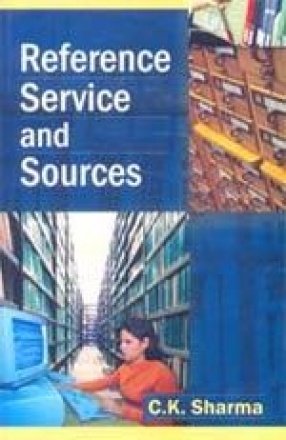
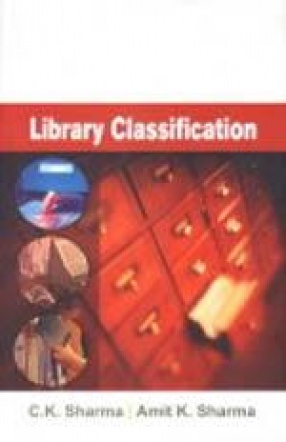
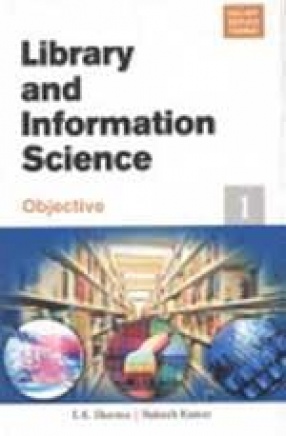


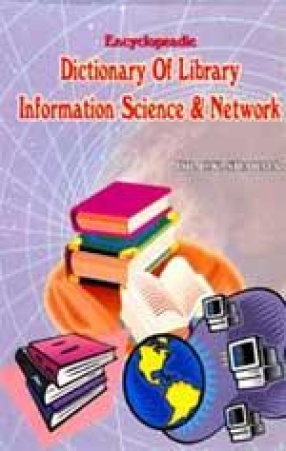
There is a vast knowledge explosion ever in the field of library and information science. It is an important discipline and related with other fields acknowledge i.e. communications and network. The subject analysis and its synthesis is based on the terms which are not popularly known to all who are serving this field. This work "Dictionary of Library, Information Science and Network" has covered all important terms with their definition, meaning and ...


In the present book, Library Management, attempts have been made to include all the latest informations related to library systems, procedures, automation and various activities of the libraries which affect the readers service. The book is divided into two volumes -- Vol. I: Operational (organisational) Management, Vol. II: Personal and Financial Management. In addition, an account of library routines and records has been given in order to apprise the readers of ...
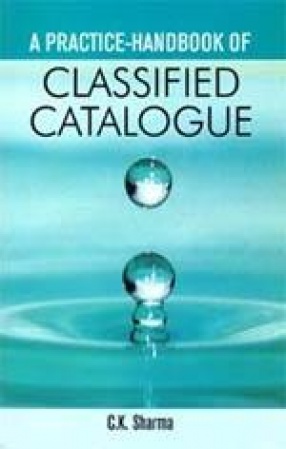
Dr. Ranganathan, the father of Library Science of India, promulgated the practical approach to cataloguing, i.e. “Classified Catalogue Code†which is used in libraries and is being taught in B.Lib.Sc. and M.Lib.I.Sc. as a Practical paper. In fact, Classified Catalogue Code is an Indian system and has proved more accurate, precise and explanatory to the reader’s choice. Dr. Ranganathan’s book has been the basis of the present book A Practice-Handbook of ...

The rapid developments in computer technology, telecommunications, printing reprography, etc. have important implications for the provision of information by libraries to their users. Great advances have been made in the automation of indexing and abstracting services. Despite such advances and technological impacts, the actual search process and the and result remain the same as in the traditional approach, hence, the significance of reference sources and ...
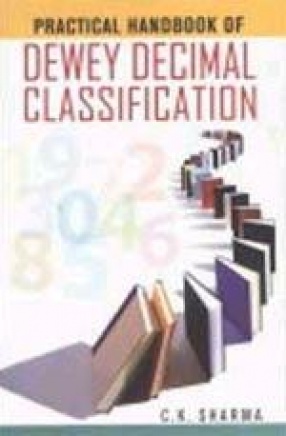
Ever since its evolution in 1876, Dewey Decimal Classification (DDC) has been the world's most widely used library classification system. It is expected from all professionals, paraprofessionals, and library students to at least having a working knowledge of cataloguing basics, particularly the DDC, owing to its extensive application in almost all the Indian libraries. In this respect, the present book is the most appropriate as it skillfully acquaints the ...

The need for library classification is growing with the multifaceted, multidimensional and infinite growth of literature as well as the user's requirement. Since the objective of library classification is to facilitate subject access by enabling the user to find out what works or documents the library has on a certain subject and where they are shelved, attempts have always been made to make the classification easier and accessible to users of all levels. ...

The book comprehensively covers the new syllabus of Library and Information Science and provides an authentic source material for multiple choice questions, with answers, as per revised pattern of NET. Vol. I contains objective questions of different types--Multiple Choice (MCQ), matching type, true/false and assertion/reason. Vol. II. contains Reading Comprehension (RC) passages followed by questions of objective nature. Some critiques have also been provided. ...
